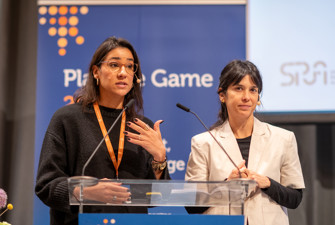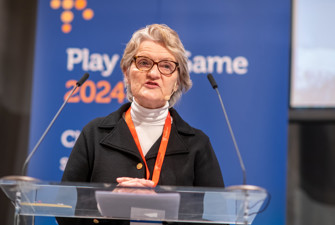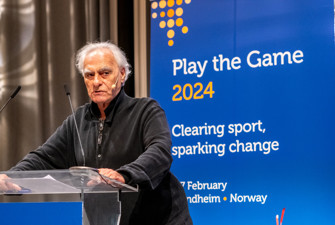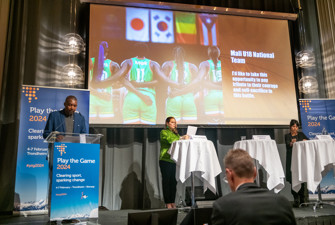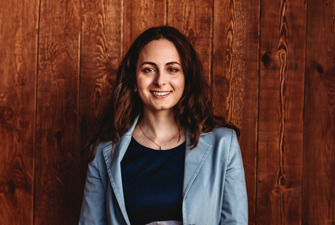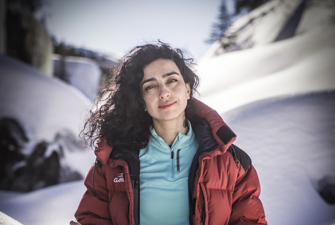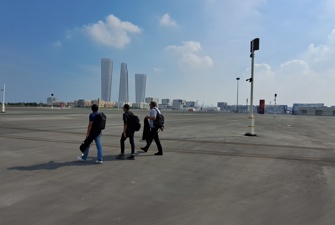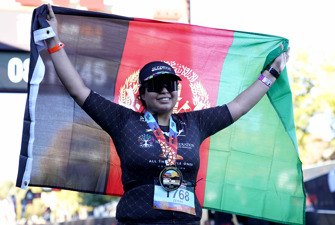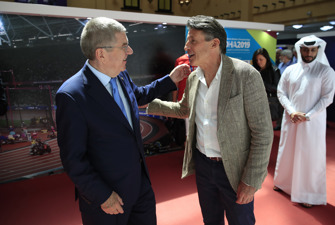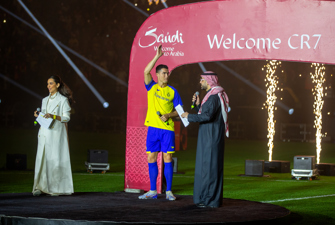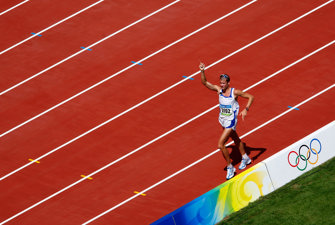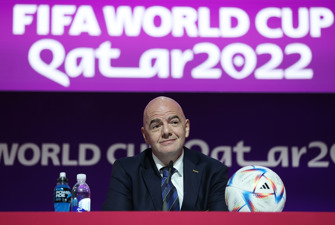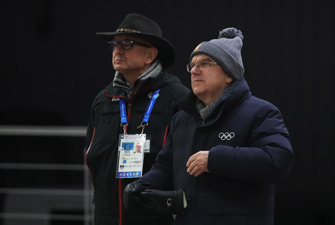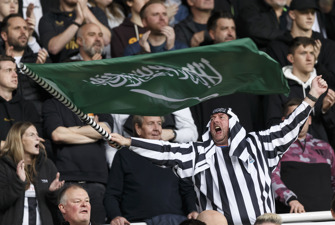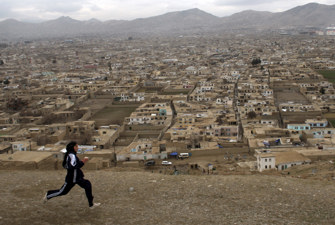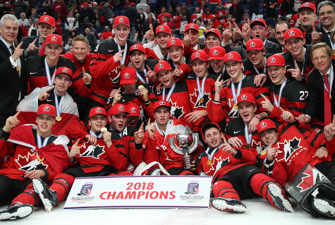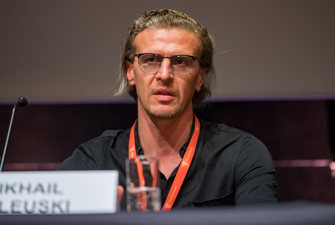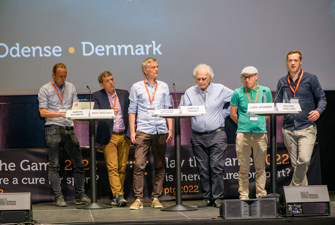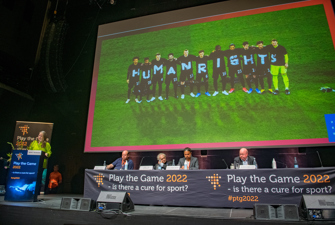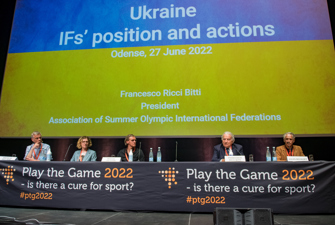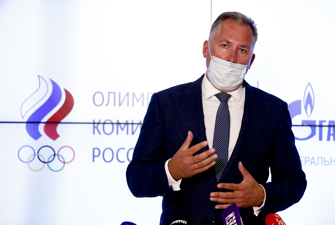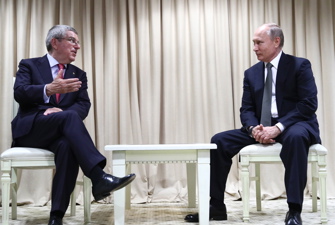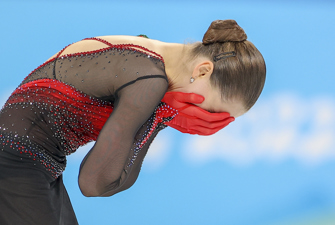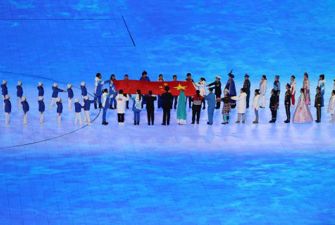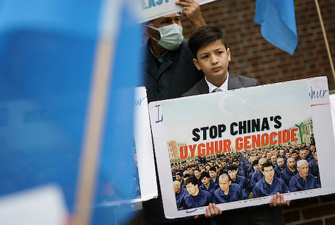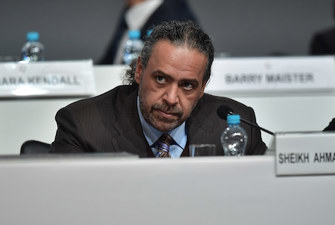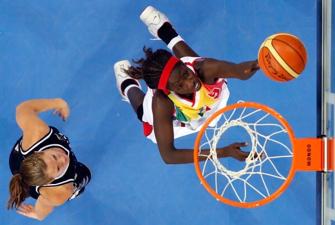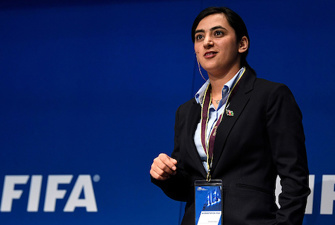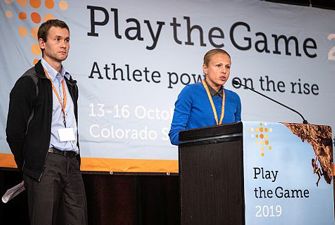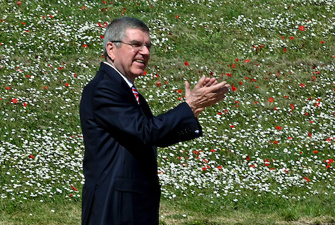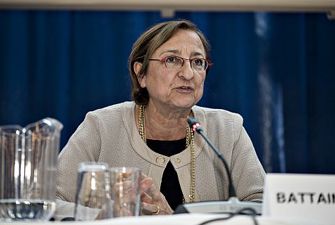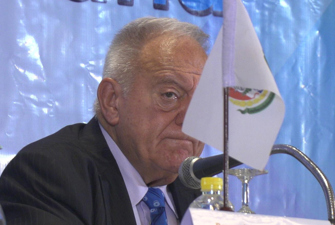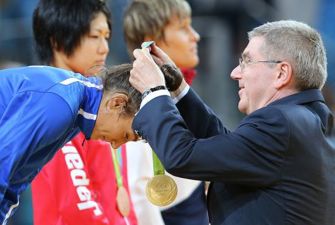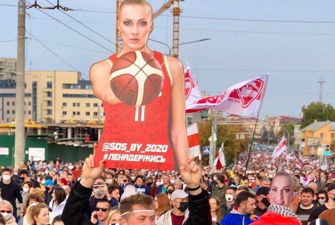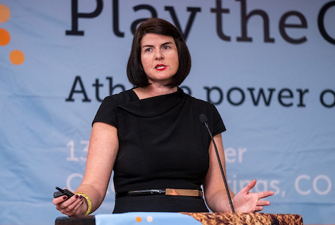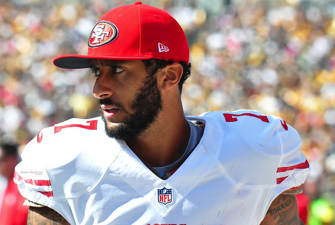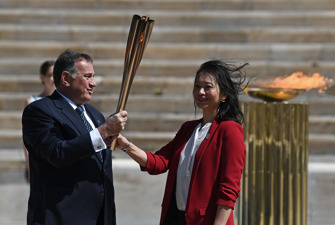Olympic finger-wagging at Europe’s last dictator
OPINION: In a statement, the IOC appears to finally put an end to 23 years of loyal co-operation with the dictator of Belarus, Alexander Lukashenko. However, with its provisional measures the IOC is keeping the door open for Lukashenko and his allies to return to the Olympic fold.
It is important not to miss a rare opportunity to compliment the International Olympic Committee (IOC) for intervening in a conflict in order to defend human rights.
The IOC has hesitated for months but now deserves praise for showing solidarity with the more than one thousand Belarusian athletes, coaches, and sports officials who are courageously protesting against their country’s president, Alexander Lukashenko, who is also the president of the Belarus National Olympic Committee (Belarus NOC).
One of the protests has been in the form of an open letter where they demand the annulment of Lukasjenko’s re-election as president in August, the release of all political prisoners, and assistance to all those who have been subjected to violence and torture by the national authorities.
It is a significant blow for Lukashenko – who many refer to as the last dictator in Europe – that the very athletes who have been a cornerstone in his national propaganda efforts now are on the front lines of the Belarusian population’s peaceful struggle for democracy and human rights.
But it is a also a serious symbolic defeat for Lukashenko that the IOC now provides the Belarusian sports community and other citizens with support and recognises that “it appears that the current leadership of the NOC of Belarus has not appropriately protected the Belarussian athletes from political discrimination within the NOC, their member federations or the sports movement.”
Reading between the lines in the IOC statement
However, the question is whether the IOC’s sanctions are merely symbolic? As always when the IOC sends out statements on politically controversial topics, it is important to read with the utmost care. At first glance, the IOC’s provisional measures appear to be tough and consistent and include decisions to
- exclude the currently elected members of the executive board of the NOC of Belarus from all IOC events and activities, including the Olympic Games. It applies in particular to Alexander Lukashenko, his son Viktor, who is vice president, and executive board member Dmitrij Baskov “in view of the specific allegations raised against him”. (Here the IOC is referring to allegations that Baskov has been involved in a fatal attack on a protester).
- suspend all financial payments to the NOC of Belarus, with the exception of payments related to the preparations of the Belarusian athletes for and their participation in the Olympic Games in Tokyo 2020 and the Olympic Winter Games in Beijing in 2022. All Olympic scholarships will now be paid directly to the athletes and no longer through the NOC.
- request the relevant international sports federations to make sure that all eligible Belarusian athletes can take part in qualification events for the upcoming Olympic Games without any political discrimination.
- suspend any discussions with the NOC of Belarus with regards to hosting future IOC events.
- request all constituents of the Olympic Movement to respect these measures in the interest of protecting the rights of Belarusian athletes and the reputation of the Olympic Movement.
The IOC further promises it will continue to monitor the situation and reserves the right to any further actions.
Threatens legal action
The immediate response from Lukashenko himself indicates that the sanctions are harmful – at least to his self-esteem:
“We need to take legal action. Let [IOC President Thomas] Bach and his ilk tell me what my fault is. Is it about me protecting my country?” he said in a speech to hospital workers according to the state news agency BelTA.
Referring to the controversies over sanctions against Russia following the big doping scandal, Lukashenko invoked a geopolitical perspective.
“Do you remember when they all went against Russia? The United States commanded them to attack and they were happy to obey. Let's see whether Russia will support us,” he said.
It is not surprising that the Belarusian NOC echoes Lukashenko’s views in a statement expressing “concern that the IOC leadership could have been subjected to political pressure when formulating certain provisions of the decision.”
And seemingly unaware of the irony, the Olympic committee that is led by the head of state emphasises:
“We sincerely believe that sport must never be mixed with politics.”
Can the IOC put a ban on Lukashenko?
Although many media reports have referred to the IOC measures as banning Lukashenko from attending the upcoming Tokyo 2020 Olympics, the IOC may not be in a position to leave him out. In 2019, the Court of Arbitration for Sport upheld the appeal of former Russian sports minister Vitaly Mutko whom the IOC had given a lifetime ban from the Olympics due to his role in state-organised doping.
CAS said that the IOC had no jurisdiction over Mutko as long as he was not an athlete, coach or official member of the Russian delegation. It is likely the IOC can get the same problem with Lukashenko if he chooses to perfom in his role as head of state.
More importantly, the IOC refers to its measures as ‘provisional’. They are applicable “until further noticce or until such time as a new executive board is elected in February 2021 by the NOC general assembly.”
With this disclaimer, the IOC has not only opened the door a fraction but in fact pushed it wide open.
You may very well ask:
How many Olympic Games will Lukashenko and his close allies really be excluded from in the coming two-three months?
Even if the IOC suspends its payments to Belarus, how difficult would it be for the NOC’s president Lukashenko to convince the nation’s president Lukashenko about the need for funds from the national treasury?
Above all: How will the IOC ensure that the new executive board of the Belarusian Olympic Committee is elected in free and fair elections and the board can operate independently?
Is it possible to envisage an independent sports movement in a country where all other democratic rights are suppressed and disobedient citizens are being sacked, imprisoned or beaten up as punishment?
The fear of creating a precedence
This is where we find the key dilemma for the IOC which may be afraid to create a precedent.
Because how much emphasis can the IOC really place on protecting human rights?
If the IOC severely punishes Lukashenko based on the argument that he is using sport as a propaganda tool to divert attention from his brutal oppression of the civilian population, it will only take a few days before they are faced with new questions:
For instance: What does the IOC think about China who will be hosting the coming Winter Olympics? And what about Azerbaijan – a country with a strong sports profile where sport as well as the country are ruled by an autocratic family similar to that in Belarus? And what about the Arab countries whose omnipotent royal families are increasingly using sport as a political instrument?
On the other hand, it would tarnish the IOC’s own reputation if there was no reaction at all to Lukashenko’s blatant use of violence against athletes and the population of Belarus. The IOC and many other actors in international sport are already facing extensive – and justified – criticism for being too close to authoritarian regimes.
Sometimes this preference comes on public display as it did in 2019 when the long-serving president of the International Ski Federation, Gian Franco Kasper said:
“…from a business point of view, I say: I prefer to go to a dictatorship, I do not want to discuss with environmentalists.”
Such statements are not compatible with the ideals of the Olympic Movement and are also unlikely to keep international sponsors happy.
The IOC refers to the reputation of the Olympic Movement in its own statement on the sanctions. That’s why the IOC had to give Lukashenko a finger.
But it is not the middle finger yet, it is just finger-wagging.

